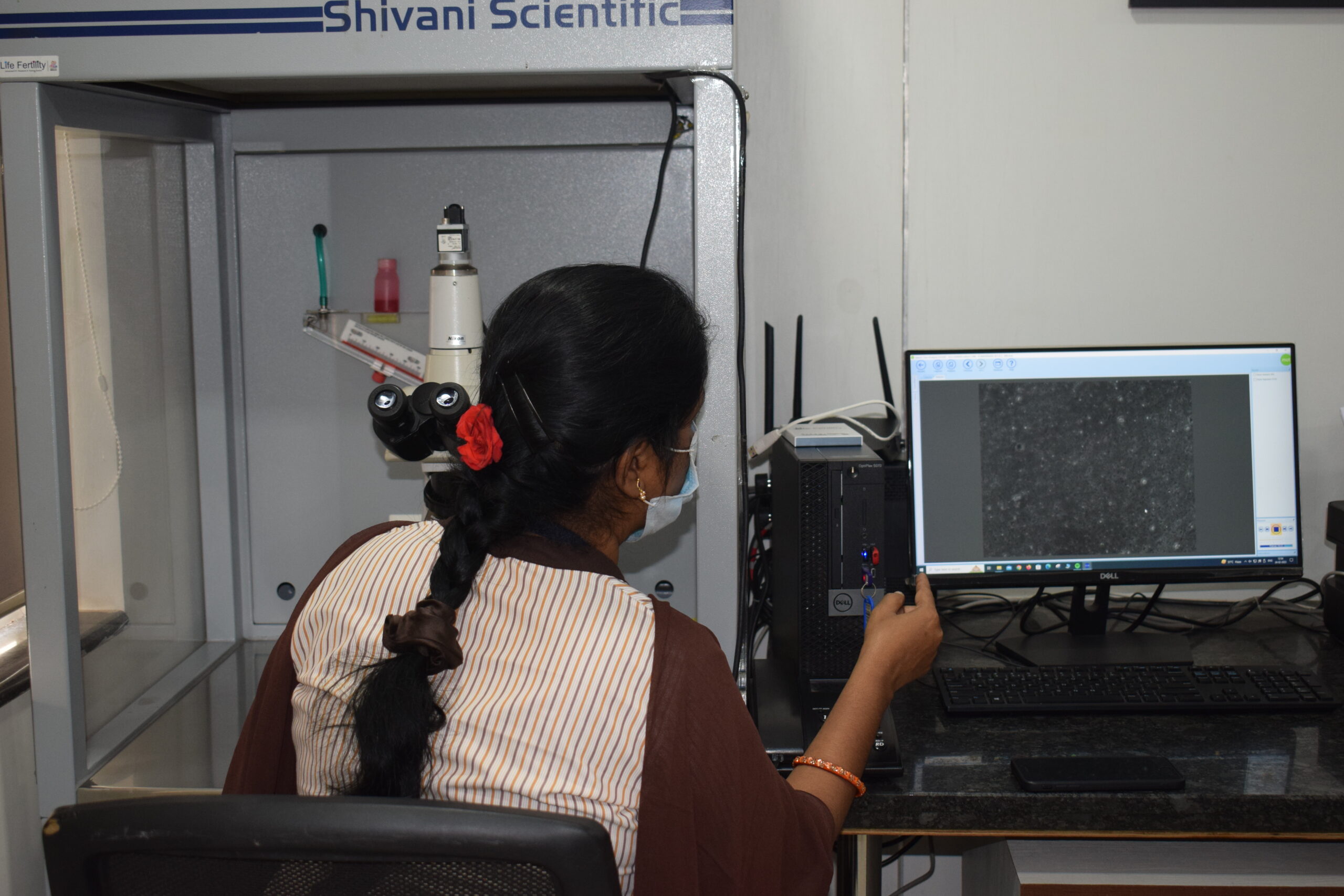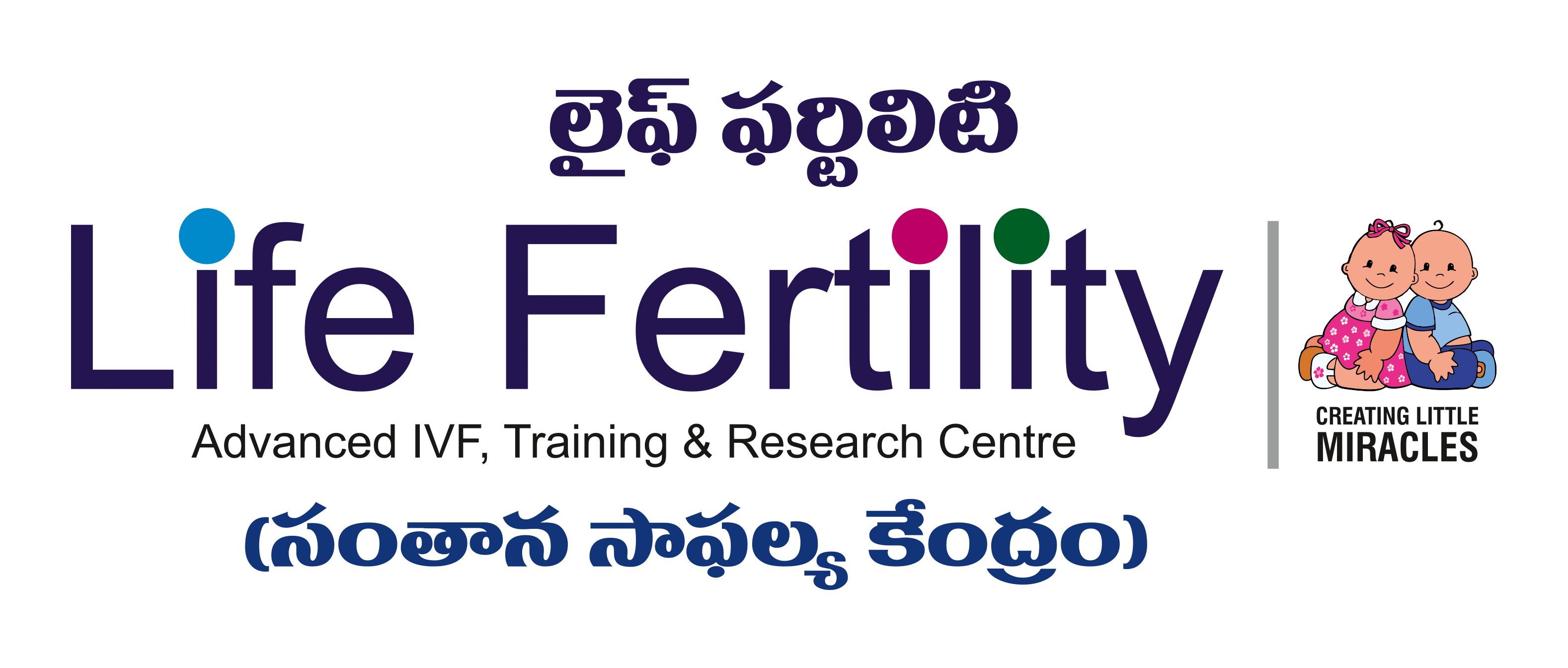Embryo Vitrification
Embryo vitrification is a technique used in assisted reproductive technology (ART) to preserve embryos for future use. It involves rapidly cooling the embryos to very low temperatures, typically below -196 degrees Celsius, in order to halt all cellular activity and prevent ice crystal formation. This process allows the embryos to be stored for extended periods without compromising their viability.
Process of Embryo Vitrification:

1. Selection of Embryos:
-
- Embryos are typically cultured in an incubator until they reach a specific developmental stage before the vitrification process begins.
2. Equilibration:
-
-
- Embryos are exposed to a series of cryoprotectant solutions to replace water within the cells and prevent ice formation during the cooling process.
-
3. Vitrification:
-
-
-
- Embryos are then placed into a small volume of a highly concentrated cryoprotectant solution and rapidly cooled to ultra-low temperatures using liquid nitrogen. This rapid cooling prevents the formation of ice crystals.
-
-
4. Storage:
-
-
-
-
- Vitrified embryos can be stored in liquid nitrogen for an extended period, sometimes years, without significant degradation.
-
-
-

Advantages of Embryo Vitrification:

1. Higher Survival Rates:
-
- Vitrification has been shown to result in higher survival rates compared to traditional slow freezing methods.
2. Improved Pregnancy Rates:
-
- The use of vitrified embryos has been associated with improved pregnancy rates in certain cases, possibly due to better preservation of embryo viability.
3. Extended Storage:
- Vitrification allows for long-term storage, giving individuals or couples the flexibility to use the embryos at a later date.
4. Reduced Cryoprotectant Toxicity:
- The rapid cooling process minimizes the exposure time to cryoprotectants, reducing potential toxicity to the embryos.

Book an Appointment
FREQUENTLY ASKED QUESTIONS
What is IVF treatment?
In-Vitro-Fertilization (IVF) is a type of Assisted Reproductive Technology (ART) that helps you get pregnant if you are not able to do so naturally.
When is the right time to start IVF treatment?
Your doctor will explain the best time to start the treatment after the initial consultation, examination, and blood tests. Your clinician may start your treatment on the 2nd or 3rd day of your period.
Is IVF safe & Painful?
IVF is a very safe and effective treatment option and with the latest advancement in medical technology, IVF results have improved significantly.
IVF is not at all painful because the injections used for IVF are purified and injected in subcutaneous form. The egg collection process is done under light sedation which is also not painful. At the time of embryo transfer, anesthesia is not given but it is a 2 to 5 minutes process that hardly causes any pain. Every patient is different; therefore the process will differ from patient to patient. However, when it comes to IVF injections, they are thin and easy and do not require an intervention. They can also be administered under anesthesia if required.
What People Says about Life Fertility Clinic
Google Reviews
What People Says about Life Fertility Clinic
Testimonials

Our Contacts
________
#16-1-25, RS Edifice, Coastal Battery Rd, Collector Office, Jn, Visakhapatnam, Andhra Pradesh 530002